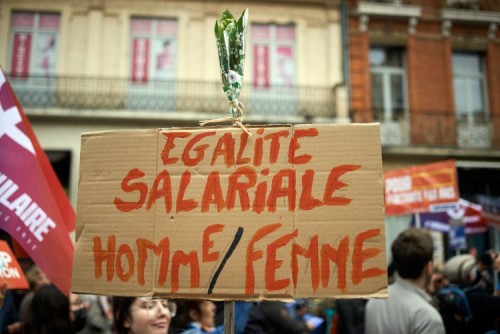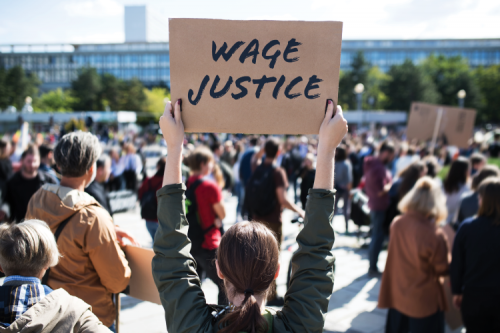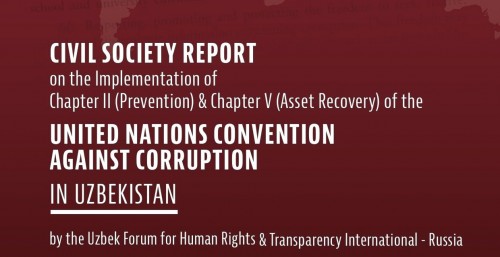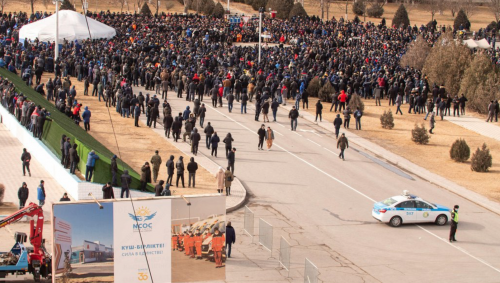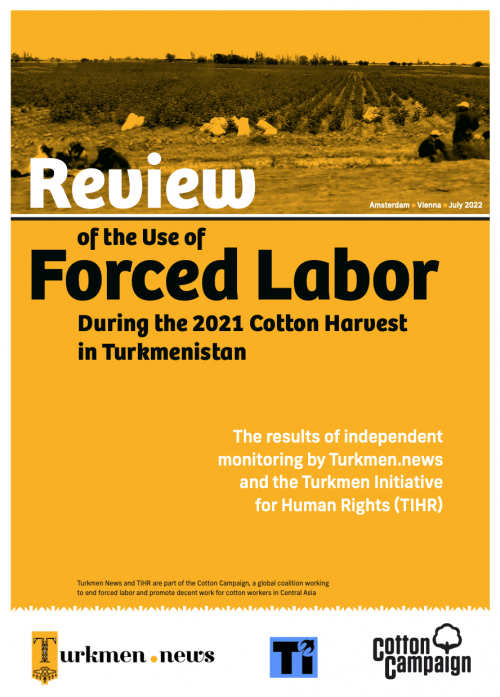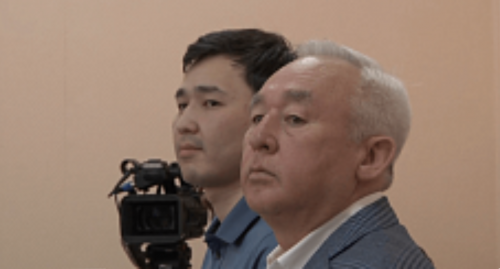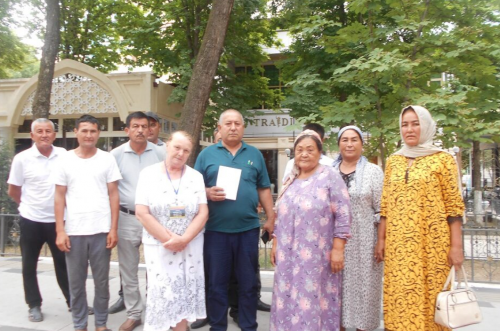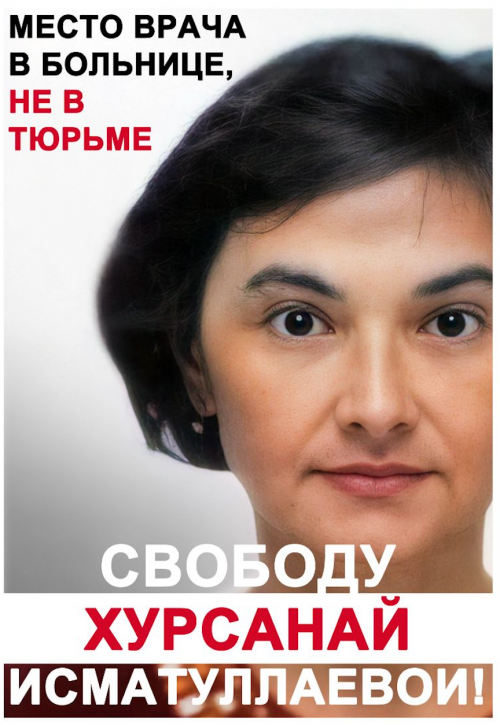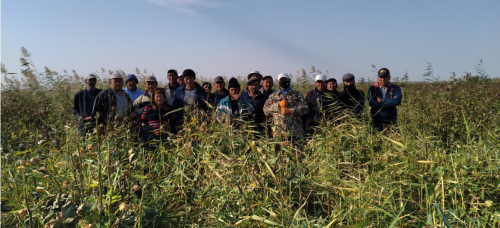Countries
Solidarity campaigns
13 August 2024
Georgia: Support striking workers at Evolution Gaming
5 June 2023
Georgia: Justice for Wolt couriers
10 May 2023
Belarus: Trade union activity is not extremism!
2 November 2019
Kazakhstan: Trade unionist Erlan Baltabay imprisoned - again!
19 November 2018
Kazakhstan: Stop repression and physical attacks on leaders of independent unions; hands off Larisa Kharkova, Erlan Baltabai and Dmitriy Senyavskiy
18 April 2018
MALOKHAT STILL NEEDS YOUR HELP
News
17 September, 2022 / International
International Equal Pay Day: We need a new social contract to close the gender pay gap
On International Equal Pay Day, 18 September, the ITUC calls on all governments to adopt laws and reforms to close the persistent global gender pay gap of over 20%.
14 September, 2022 / International
World Day for Decent Work: Wage Justice
This year’s World Day for Decent Work, 7 October, is dedicated to the millions of workers around the world seeking wage justice.
29 August, 2022 / uzbekistan
NEW CIVIL SOCIETY REPORT ON UZBEKISTAN CALLS FOR INDEPENDENT INSTITUTIONS AS WELL AS ENHANCED TRANSPARENCY AND CSO PARTICIPATION IN ASSET RECOVERY PROCESSES
The report outlines how, despite efforts to increase transparency and accountability in public procurement and public sector hiring, gaps in legislation and a lack of enforcement hinder genuine progress in these areas. Access to Information (ATI) remains another key challenge, as information requests are often refused or ignored by public authorities and judicial challenges to such refusals tend to be ineffective. Furthermore, loopholes in anti-money laundering regulations – such as the absence of a definition of ‘public official’ – and the failure to conduct due diligence checks pose great corruption risks that must be urgently addressed.
27 August, 2022 / uzbekistan
New Regulations in Uzbekistan Effectively Impose Government Control on NGOs
Will international donors legitimize Uzbekistan’s tightening grip on civil society?
11 August, 2022 / kazakhstan
Anti-union laws have punished Kazakhstan’s workers. But the fight isn’t over
Nationwide protests rocked Kazakhstan earlier this year, starting with an anti-inflation demo in the western town of Zhanaozen on 2 January. The wave of action spread across the country, including in the country’s urban centres in the east and south – and their effects, for the elite and regular people, are still being felt today. Strikes at large private and national enterprises were key components of the grassroots initial protest in January, as workers demanded improved conditions and higher salaries. Ten years prior, another worker strike in Zhanaozen had culminated in security forces opening fire against protesters, leaving at least 16 dead.
19 July, 2022 / turkmenistan
Turkmenistan: Systematic Forced Labor in the 2021 Cotton Harvest
European governments and the United States should take urgent measures to block cotton products made with forced labor in Turkmenistan from their markets and hold to account companies that profit from forced labor in Turkmenistan, the Cotton Campaign said. The Cotton Campaign, a global coalition against forced labor in cotton production in Central Asia, today released a new report exposing state-imposed forced labor, including child labor, during the 2021 cotton harvest in Turkmenistan, researched and written by two leading Turkmen human rights groups. The report also reveals trade flows through which forced labor Turkmen cotton enters global markets, including the U.S., despite an existing ban on cotton imports from Turkmenistan.
19 July, 2022 / kazakhstan
Government apologized to well-known journalists Seitkazy and Aset Matayev
Astana. July 19. KazTAG - The government has apologized to well-known Kazakhstani journalists Seitkazy and Aset Matayev, who had been illegally convicted.
18 July, 2022 / uzbekistan
ILLEGAL LAND CONFISCATIONS IN UZBEKISTAN: FARMERS IN NAMANGAN FIGHT FOR THEIR RIGHTS AND LIVELIHOODS
The modernization of agriculture in Uzbekistan, for which Uzbekistan has received millions of dollars in investment by multilateral development banks, including the European Bank for Reconstruction and Development and the World Bank, has been accompanied by massive confiscations of farmland across the country.
16 July, 2022 / turkmenistan
Statement by Members of The European Parliament, Human Rights Defenders and Independent Journalists
“July 16 marks the first anniversary of the arrest of Dr Hursanay Ismatullaeva from Turkmenistan. She is serving a nine-year prison term for criminal charges that were clearly in retaliation for her labour dispute becoming a topic for discussion at a European Parliament event.
06 July, 2022 / uzbekistan

